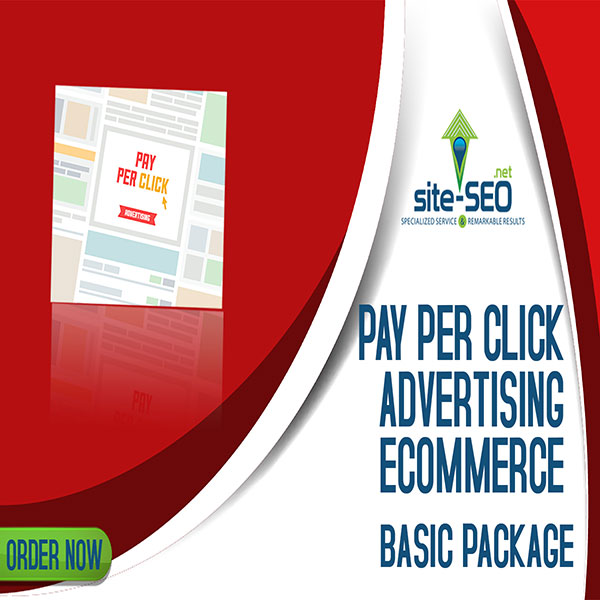
Additionally, dozens of smaller niche platforms such as LinkedIn and Quora focus on specific audiences and journeys, further expanding businesses’ options in communicating to target markets.Īs pay-per-click evolved and expanded, the initial general description as a cost model, however, became misleading given the diverse platforms and practices generally considered pay-per-click (PPC). Popular platforms such as Google, Bing, Facebook allow campaign structures, bidding strategies, and targeting tactics that cover multitudes of business and customer dynamics. The diverse set of platforms and the hyper-configurability of options almost guarantees that a PPC platform is able to facilitate translating nearly any business strategy into tactics that closely align and support that strategy.

This gives advertisers the best chance of meeting users at their point of highest intent. The ability to show a relevant ad exactly at the moment a consumer is searching for the same or similar content allows immediate placement closest to a consumer’s query or interest. The wide-range of placement options allows advertisers to target customers at any step of the customer journey, from connecting to a transactional search directly on the search engine results page (SERP), or at product comparison points with informational ads on social media. The cost structure of PPC allows advertisers to estimate costs in advance with specific maximum cost-per-click (CPC), or even costs per conversion or action bids (CPA).

Clicked ads lead to targeted content, whether a product purchase page, an informational page, newsletter, app download, or other lead generation tool or action with value for the business. Advertisers bid for the limited space available on a search engine results page, or for prime placements in popular content for contextual ads. The context may be based on keywords, a specific targeted audience, or even the placement location–any of which are calculated values for the advertiser at generating leads, selling products or services, or creating consideration. Advertisers bid for the opportunity to show their ad in a specific context they deem valuable for their specific goals. Pay-per-click (PPC) is a model of online advertising in which advertisers pay for the clicks their ads receive.

An Overview of the Pay-Per-Click (PPC) System What is Pay-Per-Click?


 0 kommentar(er)
0 kommentar(er)
